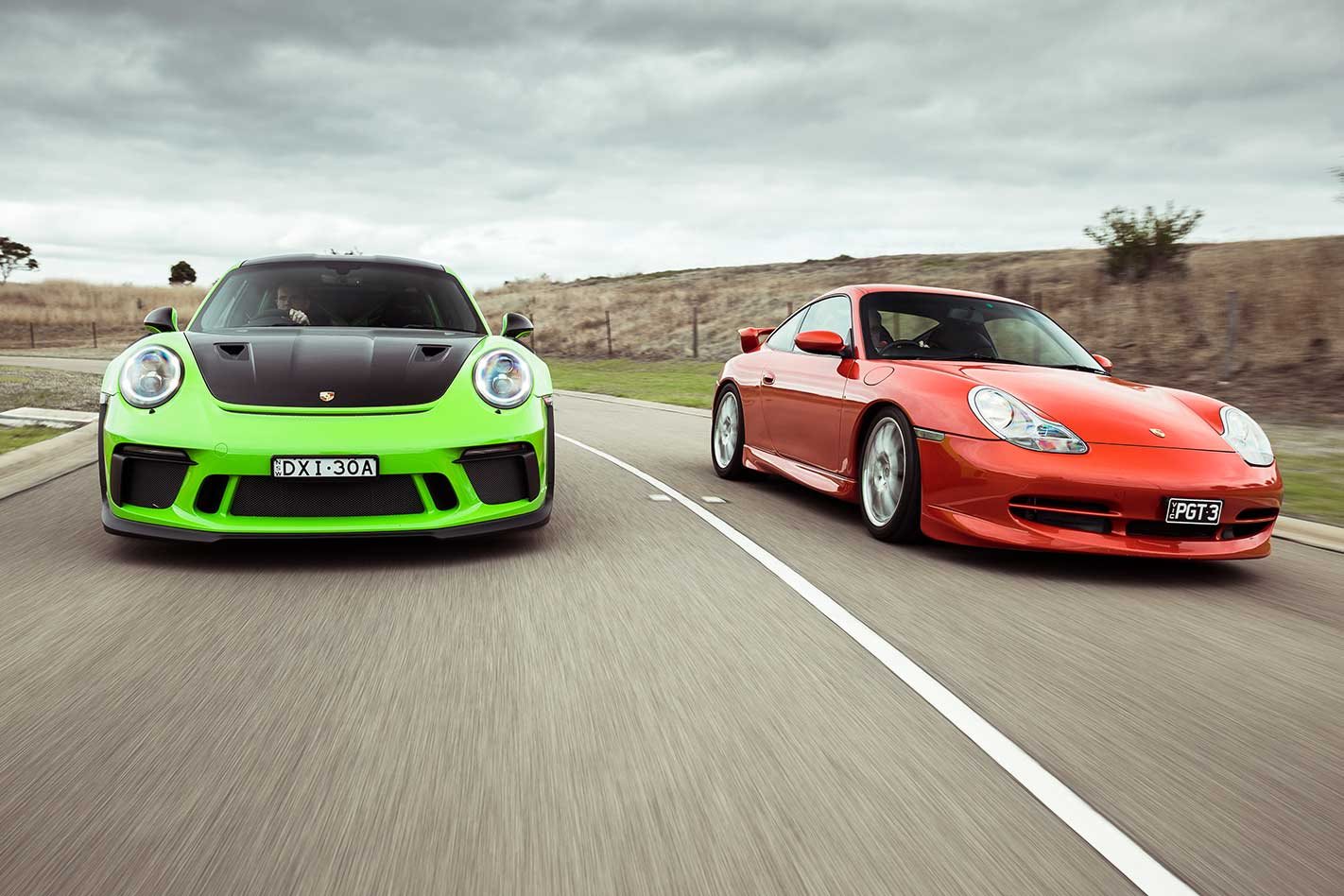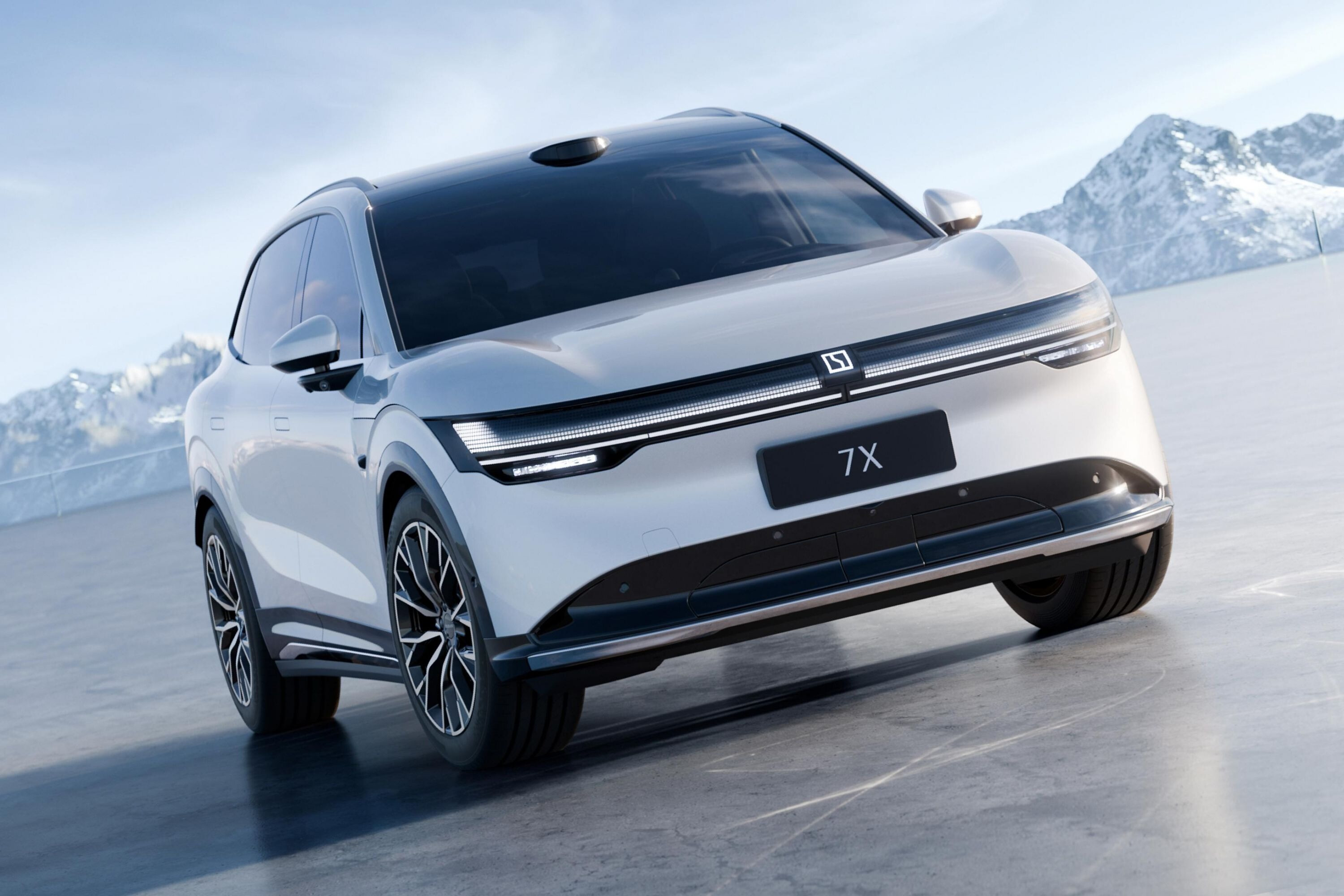It’s faster but is it better? That question floated across my mind when reading the first drives of Porsche’s latest 992 GT3. While everyone was blown away by its speed and grip, there were faint rumblings that it had perhaps become a little too focused for use on the road. We’ll find out in due course when the first Aussie cars arrive, but it got me thinking. Do we get too fixated on numbers?
It’s easy to see why car manufacturers would. It’s easy to communicate to buyers if a car returns better numbers than before. Faster, more economical, lower emissions and so on. Everyone’s a winner, right? Not so quick, hoss. While cars are, undoubtedly more capable than ever, it does raise the question of whether they’re so capable that they lose something for road driving.
As regular MOTOR readers will know, at the moment I’m driving a Toyota GR Yaris Rallye as part of the mag’s long term fleet. With 156kW/tonne on tap, a manual gearbox and excellent Michelin Pilot Sport 4S tyres, it’s as fast and capable as I realistically need. The ability to accelerate to 100km/h in five seconds is plenty quick enough on road. We don’t always need to just go faster.
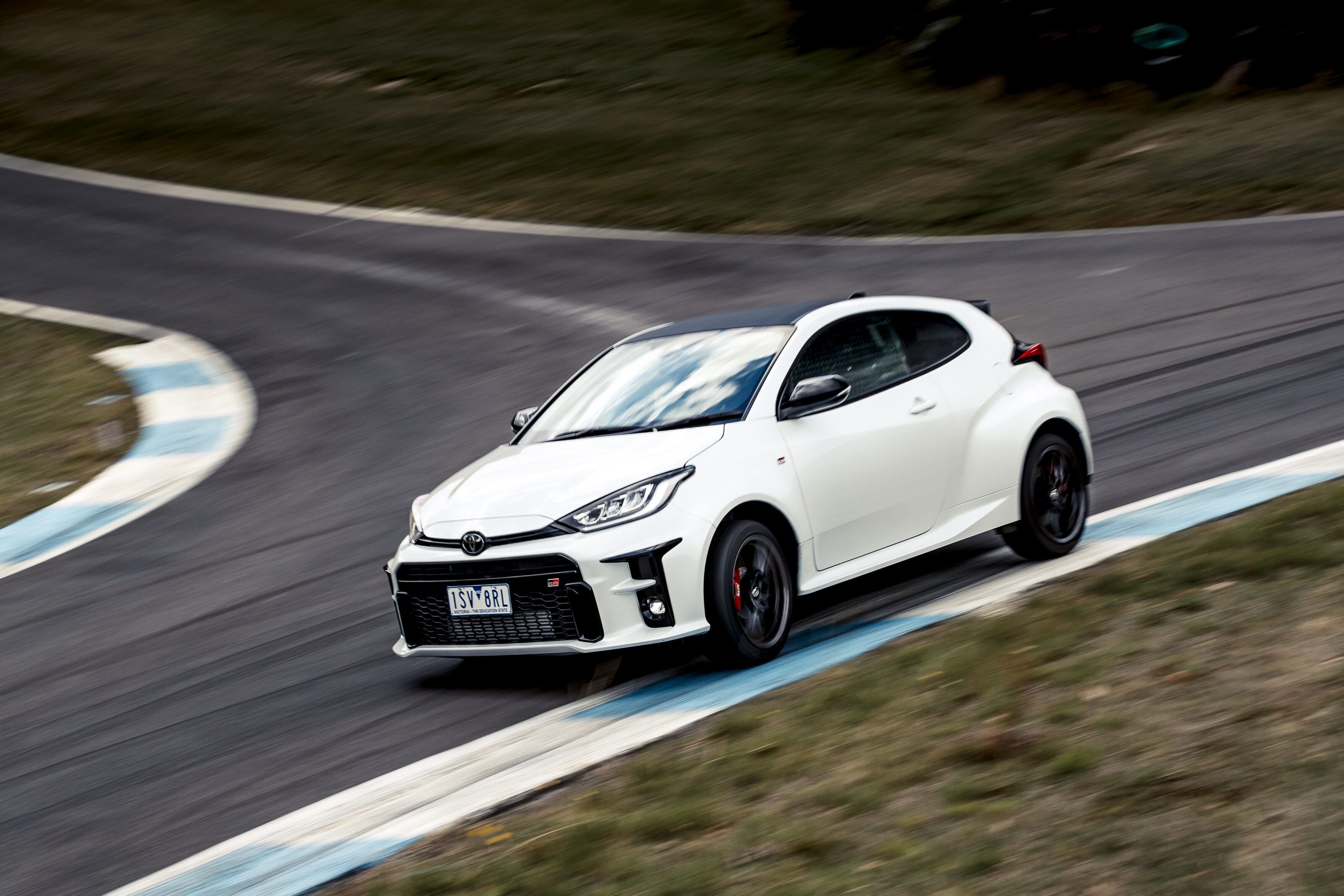
Case in point? I remember chatting to a BMW engineer about the F80 M3, the first of the line to feature forced induction and asking him what he thought of the engine. “It has so much more power and torque than the V8,” he said, without raising anything by way of a smile. “You’d still have the V8 through, right?” I wheedled mischievously. “No, the six is a much better engine,” he countered, before leaning in and muttering “the one in a [E46 M3] CSL.”
Indeed, you only have to look at the performance figures of each initial M3 offering per generation to see how much quicker each successive generation has become.
| BMW M3 | 0-200km/h | Improvement % |
|---|---|---|
| E30 | 33.7s | – |
| E36 | 20.1s | 40% |
| E46 | 16.8s | 16% |
| E90 | 15.6s | 7% |
| F80 | 13.3s | 15% |
| G80 Competition | 12.5s | 6% |
Now ask yourself which of them you’d choose to take for a drive on your favourite road. I’d be torn between an E36 and an E46, but I certainly wouldn’t take one of the later turbocharged cars. They’re so quick that to get them up on their toes requires very specific conditions. It’s why there will always be a place in my heart for cars like the latest Ford Fiesta ST or the Toyota 86 which feel alive and rewarding at relatively accessible speeds.
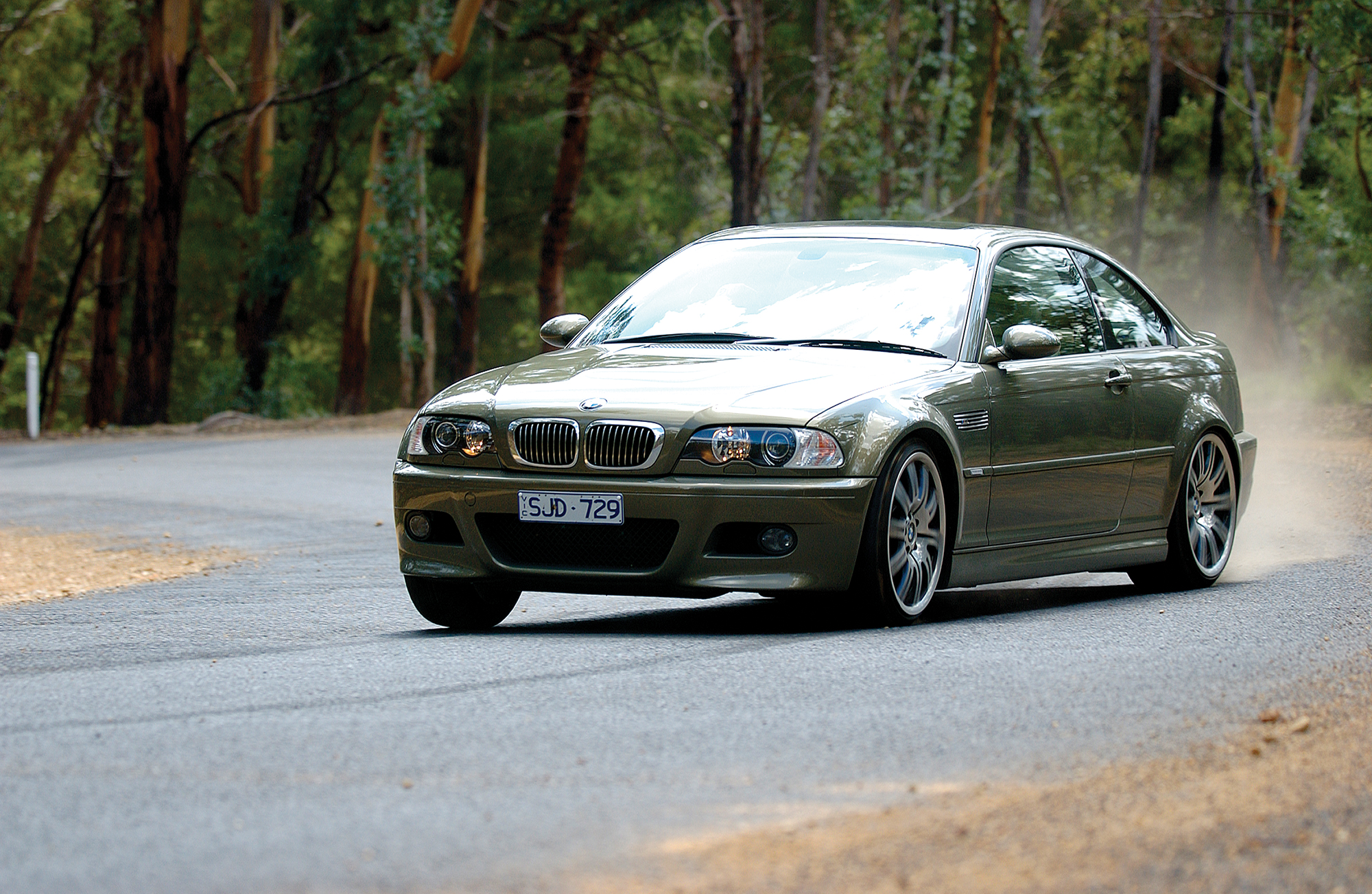
One of the key aspects of making these cars feel alive in your hands is getting tyre choice right. Performance cars are often over-tyred in the interests of grip, lap times and, yes, a nod to safety and yet tyre technology is not one that has indulged in this feast of objective measures. We take it for granted that tyres have improved over the years, but by how much? You only have to look at another performance measure to get a clue.
Why is a 718 Cayman S (177kW/tonne) nearly ten seconds quicker around the Nürburgring than a 996 GT3 (196kW/tonne)? Part of it down to the advances in gearshifting technology as the 718 that Christian Gebhart was driving was equipped with a PDK whereas Walter Röhrl had to change gears in the 996 himself. Much is down to the sheer amount of grip the contact patch is affording though, helped in turn by suspension and aero. Looking back at that list of BMW M3s, the size of the rear contact patch between the E30 and the G80 models has increased by 51 per cent.
But again we come back to the question of whether you’d rather be blatting through the gears in an effortlessly capable 2.5-litre four-cylinder Cayman or wringing an atmo 3.6-litre Mezger engine to its 8000rpm redline. Leaning on Porsche’s stability control or taking matters into your own hands?
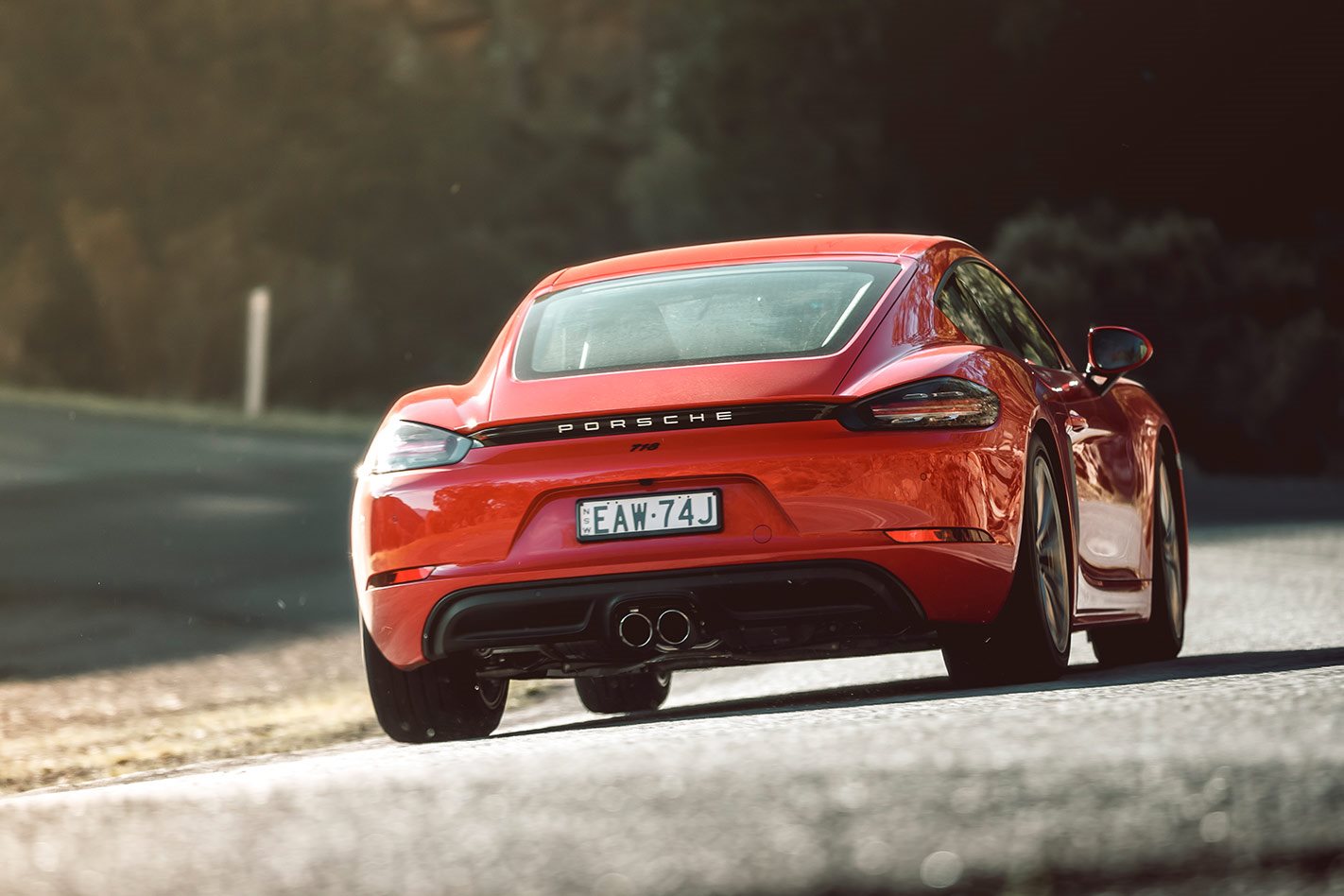
Don’t get me wrong. I’m all for progress, and in the mainstream realm it has made the average car immeasurably better. Performance drivers are a strange bunch though. Unless you are absolutely determined to wring out the last tenths on track, you have to wonder where we’re going.
Wherever that destination is, I’m fairly sure Nürburgring lap times are not a worthwhile waypoint. Even Mr Röhrl has given up on those, admitting that they’re best left to younger pedallers. That ten second gap between the Cayman and the GT3 sounds vast, but on a 20.6km lap of the Nürburgring, it’s a difference of 1.9 per cent.
As an aside, I disagree with the likes of James May that the Nürburgring is ruining road cars. It’s a road. How does a road ruin road cars? The hyper focus on lap times is what is creating cars that are only in their peak operating window at speeds most will never achieve. That’s where we’re going wrong. I know the Nordschleife well but I couldn’t get within 30 seconds of a Lars Kern or a Kevin Estre in an identical vehicle. The cars are being designed to fit a level of expertise that is beyond me and, I suspect, at least 95 per cent of their customer set.
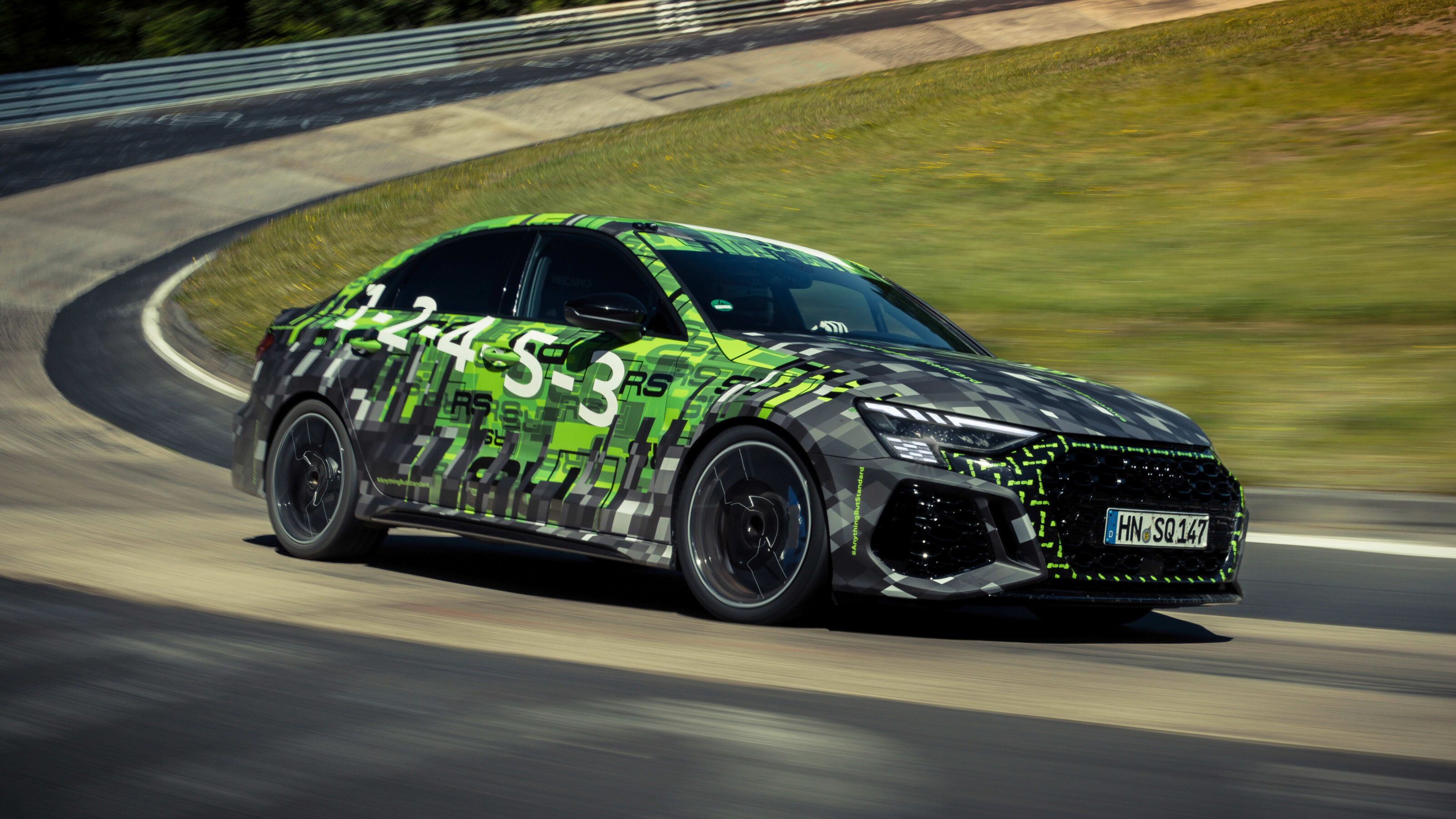
So where does that leave us, if we’re framing this discussion purely in the realm of enjoying cars on road? We want cars that are not necessarily hugely powerful, but which are adjustable and accessible. If they sound great, that’s a bonus and, as we move into a world of electric cars, I’m increasingly beginning to think that the ICE cars that will be most valued are the ones which sound the best, but that’s probably a discussion for another time.
This points us towards relatively affordable cars, which I’m all for. There’s also the ‘analogue wristwatch’ argument to consider, whereby there’s an ineffable feel-good factor in having something beautiful and created by craftsmen to be overengineered for your specific requirements. There’s nothing wrong with that, but that’s a question of ownership rather than driving experience.
I guess, what I’m trying to say is that the person arriving at the top of the hill route first doesn’t necessarily win. The one arriving with the biggest grin on their face is the one who has got things right and choosing how to do that and arguing over why is exactly why we love the world of performance cars so much. Yes, we’re addicted to measuring, but every once in a while it pays to stop and ask whether the metrics we measure are even worth a damn.
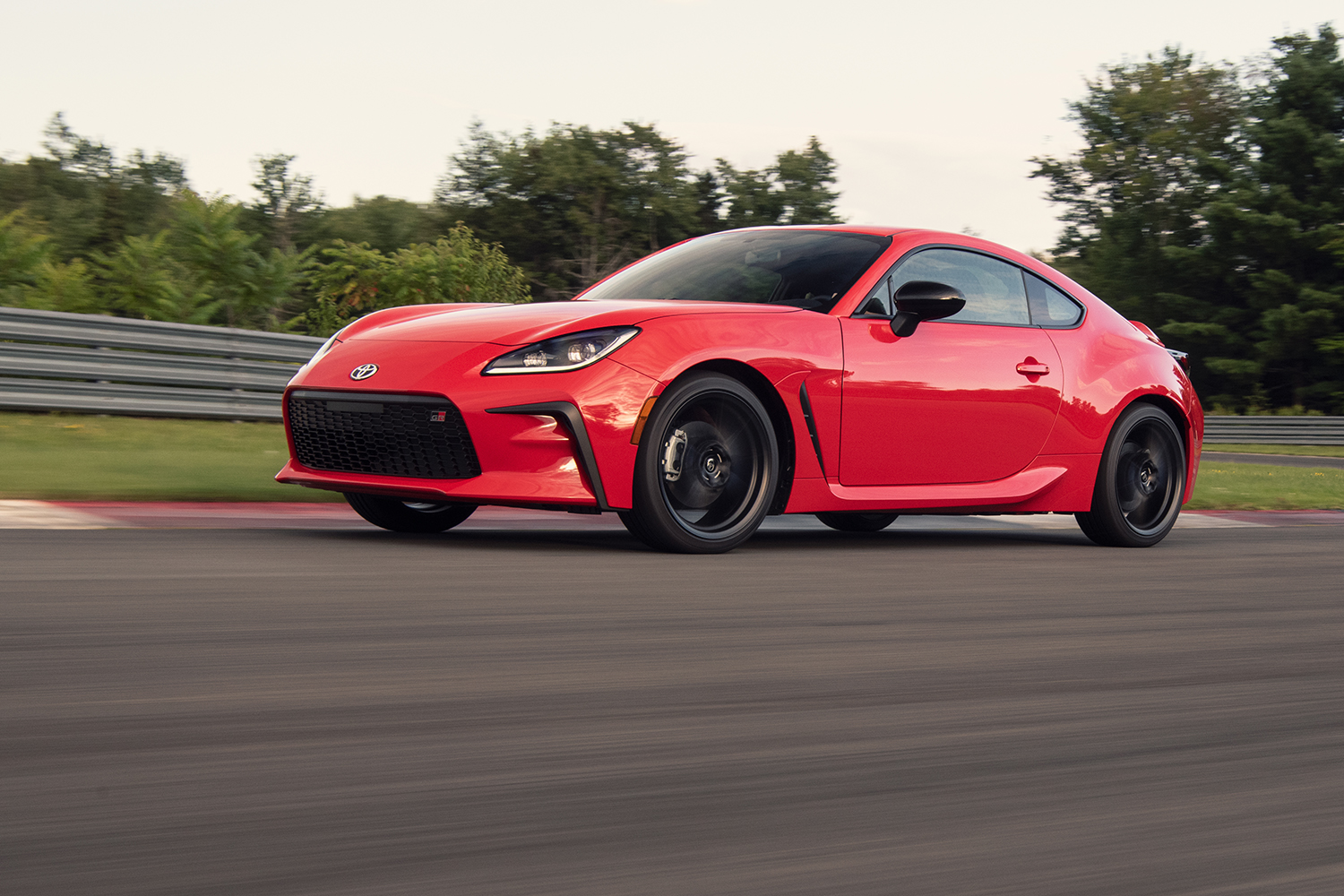
We recommend
-
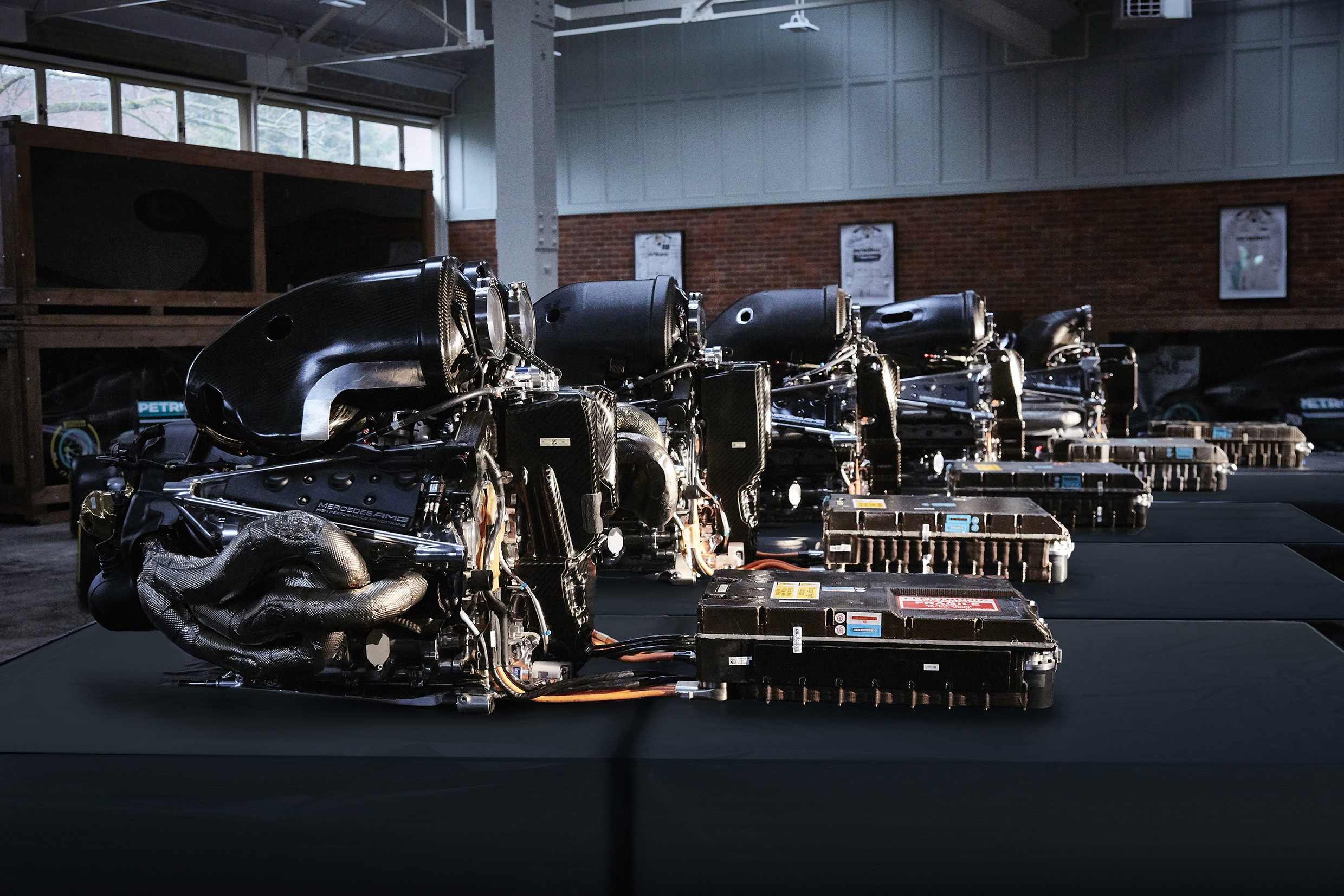 Opinion
OpinionOpinion: The internal combustion engine is doomed
Thermal efficiency is consigning traditional cars as we know them to an inevitable electric future
-
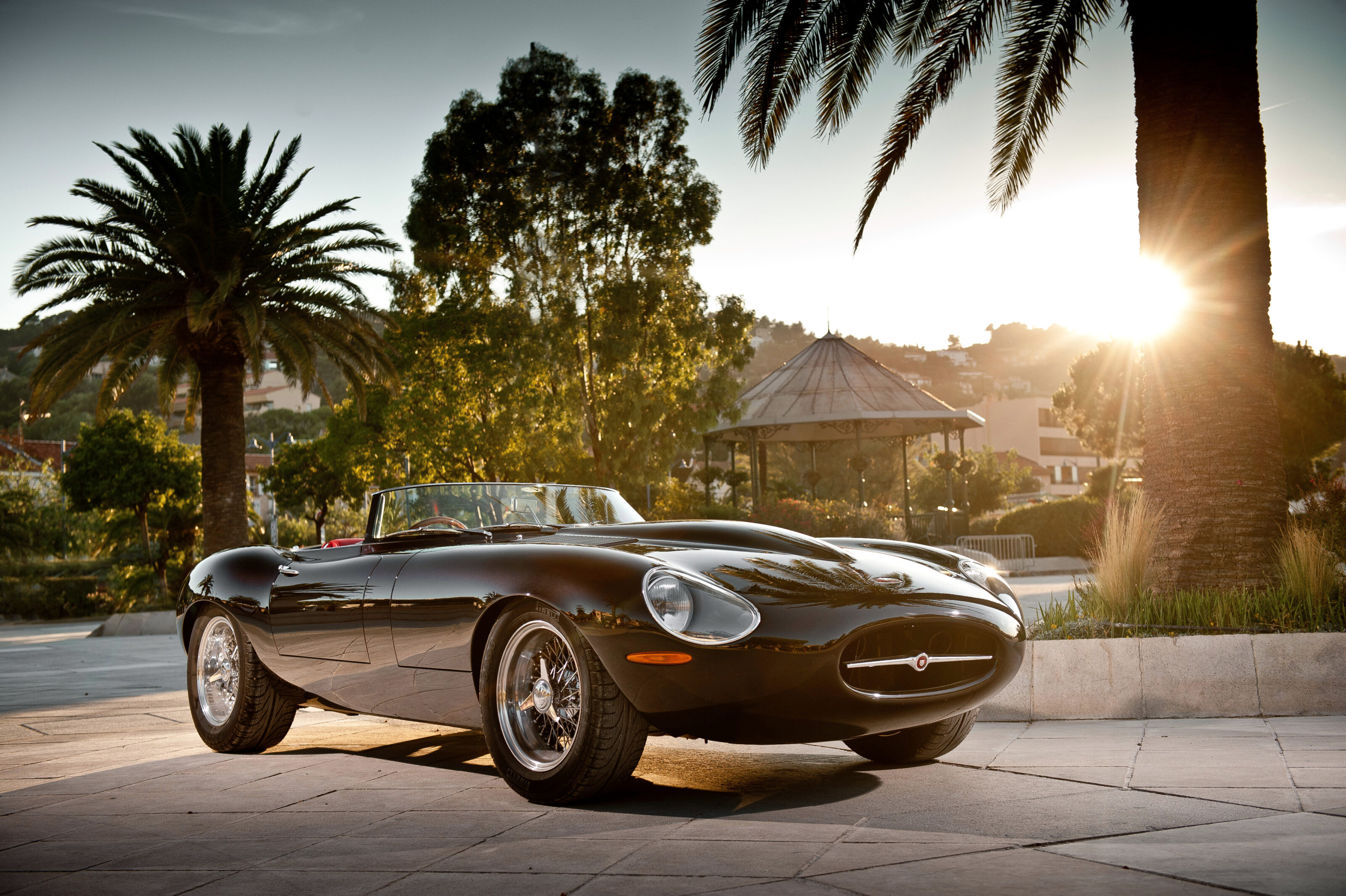 Opinion
OpinionOpinion: Why restomods are becoming big business
Nostalgia is a key part of why classics become just that, classic. But what if you could have the beauty of the original with new innards?
-
 Opinion
OpinionOpinion: Why traditional automotive black sheep now command high prices
It's time to make peace with the fact that collectable cars of all types will never be cheap again


